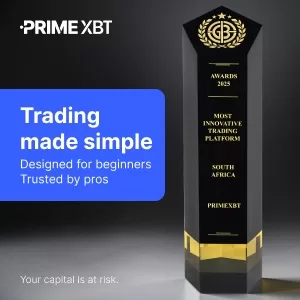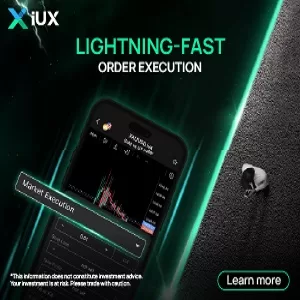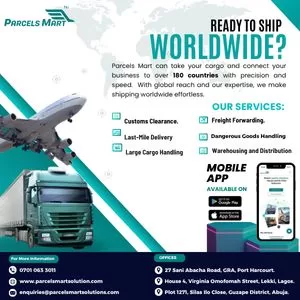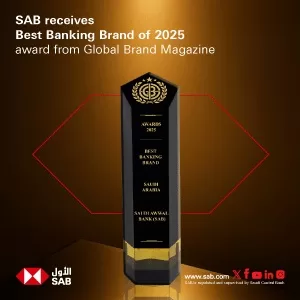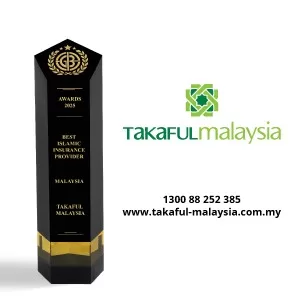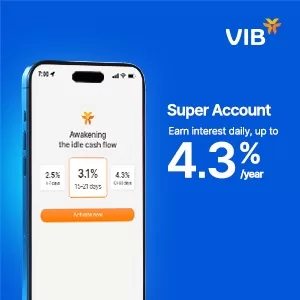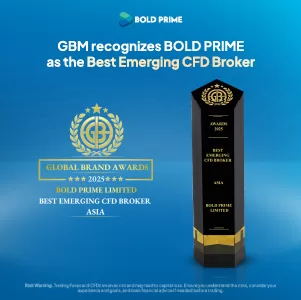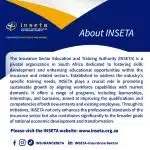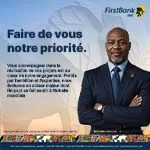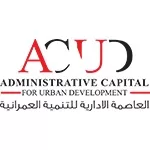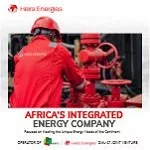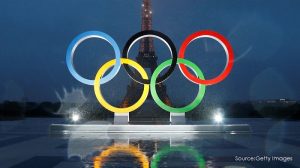Visa Troubles Threaten the Promise of the LA 2028 Olympics
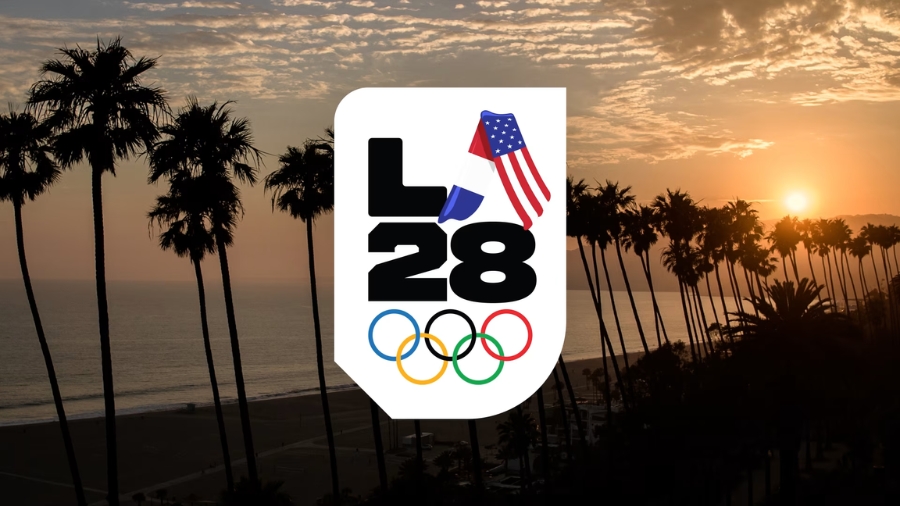
- The Olympics have always been presented as being above mere competition. Among other virtues, the double purpose of these games is to uphold friendship, respect, and excellence. Throughout history, the Games were marred by political boycotts; nevertheless, the Olympics remain one of the few truly global venues.
- For global brands, this moment represents unmatched visibility. Over 3 billion individuals have tuned in to track past games, justifying the commercial value. Big sponsors, including Visa, Coca-Cola, and Samsung, invest in the Olympics because of the global reach and cultural relevance the Olympics offer. Being just under three years away, the Los Angeles 2028 Olympics are hastening through early planning stages.
- Concerns around U.S. visa policy, however, are emerging as a potential obstacle for international athlete participation and brand activations. While not officially labelled a “controversy”, the trend is raising questions among federations and marketing teams alike.
As of August 2025, the LA28 organising committee is progressing according to its published infrastructure strategy. That strategy relies on repurposing existing sports venues, such as the LA Memorial Coliseum and SoFi Stadium, minimising the need for new permanent construction. While there are infrastructure improvements underway, no public data has been released to suggest that 75% of the construction is completed.
LA28 has published the competition schedules, confirmed with the key venues, and released branding campaigns targeting the public, so tickets should start rolling out sometime in 2026, as per standard procedure in past Games.
The official forecast, issued by the IOC and LA28, expects more than 10,500 athletes from over 200 countries to participate. Audience projections of 3.5 billion global viewers are consistent with recent benchmarks like Tokyo 2020 and projections for Paris 2024.
NBCUniversal’s existing $7.5 billion media rights agreement runs through 2032. While there have been ongoing talks about future extensions, no additional multi-billion-dollar deals have been publicly confirmed as of August 2025. Sponsors like Visa and Intel have already begun integrating LA 2028 messaging into post-Paris 2024 content.
The U.S. Visa System Is Now a Frontline Issue
In 2025, the U.S. visa policy for international athletes will become a point of concern. Advocacy groups and Olympic officials have expressed worry over new restrictions and delays, particularly those affecting African and South Asian nations.
While public statistics on visa denials or delays are not available, media coverage and anecdotal accounts point to complications. There have been cases in the past where, for example, Nigerian and Kenyan athletes found themselves blocked from entering U.S.-based competitions, including at the 2022 World Athletics Championships in Oregon. News reports from July 2025 lend further credence to the claims – the updated policies have seen increased attention under the Trump administration.
Long consulate waiting times and insufficient appointment availability are said to be grumbling points among some coaches and athlete federations. One East African track coach, speaking anonymously to international press in July, described a four-month delay in visa processing for two athletes attending a regional U.S. invitational. Their absence went unnoticed in the final broadcast but meant a lost opportunity for Olympic qualification.
P-1A visa processing times vary widely. U.S. government sources do not publish category-specific processing averages. Legal experts cite timelines between several weeks and four months, depending on the embassy and case complexity.
What Changed?
Donald Trump returned to the U.S. presidency in January 2025. Since then, immigration policy has tightened. In February, an executive order was issued that bolstered vetting techniques across certain visa categories, notably including applicants from regions considered high-risk by security agencies.
Though there is no formal policy naming Olympic athletes, P-1A and B-1/B-2 visas are now scrutinised with a fuller documentation review. Legal groups have petitioned for fast-track provisions for international sports professionals, but none have been adopted thus far in August 2025.
In the absence of clear exemptions, federations are left to navigate uncertainty, often with limited guidance.
The Brand Equation
While Paris 2024 reportedly brought in around $1.3 billion in sponsorship revenue, LA28 aims to exceed that total. Internal forecasts, referenced in U.S. media interviews with LA28’s commercial officers, project over $2.5 billion in sponsorship deals. That figure could rise depending on licensing and merchandising.
Major sponsors—including Nike, Adidas, Visa, Airbnb, and Samsung—have made athlete-first marketing central to their Olympic playbooks. One marketing executive involved in early LA28 campaigns said, off-record, that their team now develops dual-track campaigns: one assuming full athlete presence, the other digital-only.
This practice has grown since the pandemic era, when brands like Coca-Cola and Intel adjusted activations to work without athlete appearances. Visa, through its Team Visa programme, has prioritised athletes from under-represented nations, adding pressure to ensure they’re able to attend.
Risk to the Games Themselves
The Olympics rely on full global representation. Even minor disruptions can have ripple effects. While no formal predictions suggest widespread athlete absences for LA 2028, the memory of past disruptions remains fresh.
In 2022, over 370 athletes were reportedly impacted by visa delays during the World Championships in Eugene. That included participants from 20+ nations. No one suggests a repeat is certain, but the stakes are rising.
If visa issues persist into Olympic qualifiers in 2026 or 2027, the result could be truncated national delegations or last-minute athlete replacements. Both scenarios weaken storylines and disrupt brand plans built around individual competitors.
What Are Brands Doing About It?
Marketing and legal departments at several Olympic sponsors are already building in flexibility. Though most are reluctant to speak publicly, agencies working with Olympic talent say brands are preparing:
- Redundant travel plans
- Regional production teams
- Cloud-based athlete content for use regardless of physical location
One European brand sponsoring three LA28 hopefuls from East Africa is reportedly budgeting for an additional $250,000 in legal support and contingency content.
Some sponsors are working behind the scenes with LA28 and the IOC to propose centralised support channels or government liaisons. But so far, there is no formal visa exemption programme in place.
The IOC and LA Organisers Respond
LA 28 Chair Casey Wasserman addressed concerns about athlete entry earlier this year. In multiple interviews between March and July 2025, he said he was confident in the federal government’s cooperation and the need to “minimise disruptions”.
To date, no executive order or visa framework specific to LA 2028 has been finalised. Organisers say they are in regular dialogue with U.S. immigration officials, but details remain vague.
The IOC continues to monitor developments but has not issued public commentary about athlete visa risks for LA 2028.
A Narrowing Window
With less than three years until the Games, 2026 looms as the next inflexion point. As the Qualifying heats begin. Brand campaigns shift from strategy to production. Any missed checkpoint due to visa challenges will not be easy—or cheap—to fix.
Whether or not the LA Olympics visa controversy becomes a defining issue will depend on coordination between governments, brands, and organisers. At this stage, no one can afford to be passive.



